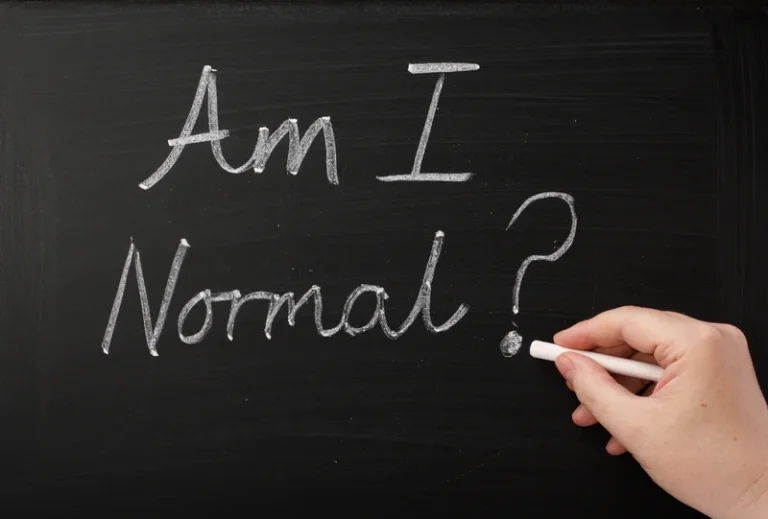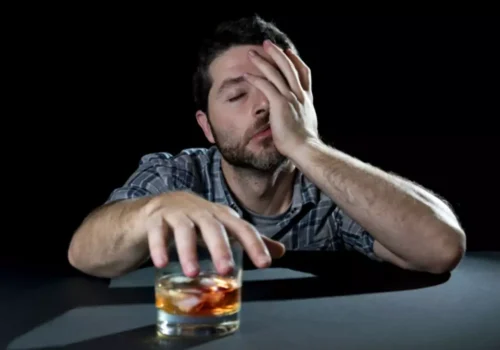Cannabis Addiction and the Brain: a Review PMC
But providers may certify marijuana use to help with certain medical conditions in states that legally allow it. Marijuana is one of the most used drugs in the United States, particularly among young adults. In 2021, 35.4% of people aged 18 to 25 (11.8 million people) reported using marijuana in the past year. So, a drug can cause dependence but not abuse, as is the case for some people prescribed opiate pain medication. Or a drug can cause no withdrawal at all, as in the case of cocaine, but still pose a high likelihood that a person will develop an addiction when using it.

A longitudinal study of the effects of cannabis exposure on neuro-development in adolescents and young adults

For some people, however, marijuana use gets out of control and starts to create problems. Welch described his first week without marijuana after about a decade of daily use as one filled with sleepless nights and marijuana addiction irritable days. In an attempt to return to baseline, it will compensate for the difference, raising a function that the drug lowered, like heart rate, or reducing a function that the drug boosted, like mood.
Choose How You Will Stop Smoking Marijuana

Those who don’t become addicted also tend to have more options. But family ties may also help some people avoid progressing to a state of addiction. https://ecosoberhouse.com/ Olivine is a Texas-based psychologist with over a decade of experience serving clients in the clinical setting and private practice.
- Substance use resources are also available in local communities and at the state level.
- Dependence symptoms can be cognitive, behavioral, and physical.
- Weed addiction, also known as cannabis use disorder, is a condition characterized by an inability to control or stop cannabis use despite negative consequences.
- This suggests that the hallucinatory effects of marijuana may work differently from those of other hallucinogens.
- Things like extended family support, language-based discipline from parents, and a supportive peer group can help counteract some risk factors.
$9 million donation earmarked for cannabis research

While many people use marijuana (it’s the third most commonly used addictive drug, after tobacco and alcohol) most won’t become addicted. About 1 in 10 people who use marijuana will become addicted; when they start using before the age of 18, the number increases to 1 in 6. At this time, there is no medication approved by the Food and Drug Administration (FDA) to treat cannabis use disorder, though some medicines are currently under investigation. Until such options exist, cannabis use disorder is best treated through counseling and therapy. Synthetic cannabinoids, compounds manufactured to replicate individual chemicals found in cannabis, are much more potent than cannabis and therefore could be more dangerous.
While this is a serious medical concern, it can also be treated. Healthcare professionals can support by diagnosing and then providing talk therapy, medications, or a combination of the two. Mothers who smoke pot while pregnant face a higher risk of giving birth to underweight or premature babies. But researchers don’t know enough to say if those infants are more likely to grow up to struggle in school, use drugs, or have other problems in life.
If you already have heart disease, your risk of a heart attack goes up even more if you use marijuana within 60 minutes of getting anesthesia. Tell your doctor if you use pot so they can keep an eye on your risk. Your body could go into withdrawal, leaving you cranky, restless, unable to sleep, and uninterested in eating when you don’t use it.
Risk Factors for Substance Abuse
While some people can try and use marijuana without becoming addicted, it can also be addictive for some people. Marijuana use disorder, also known as cannabis use disorder, is when the use of marijuana negatively impacts a person’s health or life but they continue to use it anyway. Like any drug used medicinally, the potential risks of use are weighed against the potential benefits when deciding what should and should not be tried.

- In addition, some babies and toddlers have been seriously ill after ingesting marijuana or marijuana edibles left around the house.
- “I’ve always found quitting marijuana to be easy when I needed to because of travel reasons or personal reasons, or professional, or what have you,” he told Healthline.
- It’s like your brain’s reward system just hit the jackpot, and boy, does it feel good.
- They’re not driving under the influence of the drug or using the drug at work.
- Therefore, people may consume more to feel the effects faster, leading to dangerous results.
Individuals who are addicted to cannabis may experience symptoms of withdrawal when attempting to stop using the drug. Long-term users who try to quit report withdrawal symptoms such as irritability, sleeplessness, decreased appetite, anxiety and drug craving–all of which can make it difficult to abstain. Promising candidates for treatment of CUD that prevent relapse include naltrexone, gabapentin, and N-acetylcysteine (NAC) (Mason et al. 2012; Brezing and Levin 2018). With CB1R agonists as potential treatments, it is necessary to consider the abuse potential of these drugs. A recent fMRI study investigated whether cannabis use sensitizes and disrupts the mesocorticolimbic reward processes during a hedonic cue-reactivity task. In cannabis users, there were also significant positive correlations between cue-induced self-rated craving for cannabis and BOLD responses within the mesocorticolimbic system and in the insula.
- People who experience these withdrawal symptoms may start using marijuana again to relieve their symptoms, and this can intensify dependence on the drug.
- On a related note, the combination of marijuana and alcohol increases driving impairment more than either substance alone.
- By doing this, you’ll be better prepared mentally and can plan how you will deal with these symptoms.
- Use of medicinal cannabis began in America in the 1850s, when products with cannabis extracts were produced and sold to treat maladies such as pain and muscle spasm.

